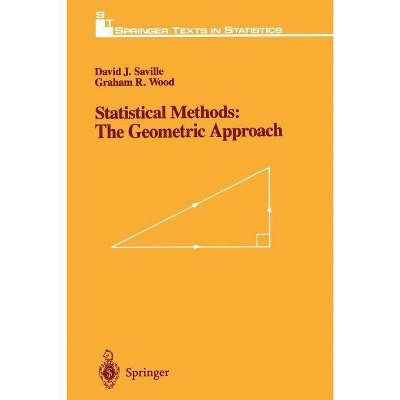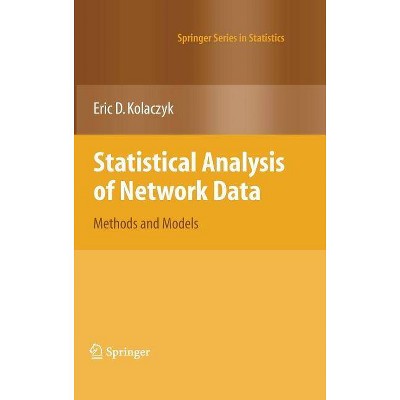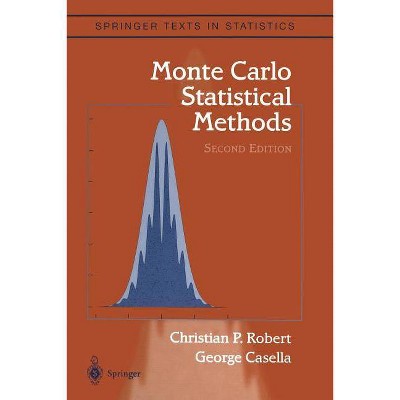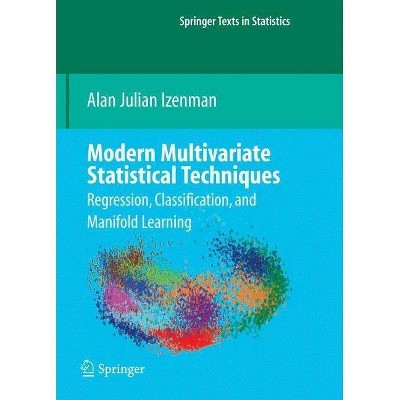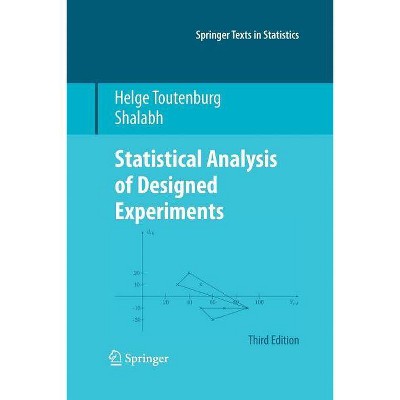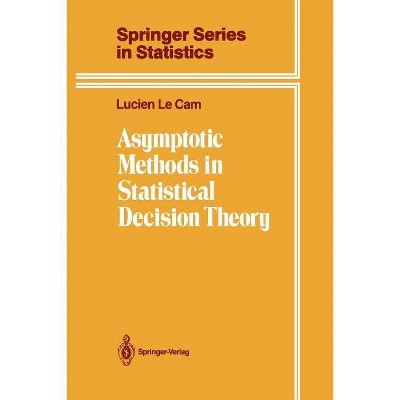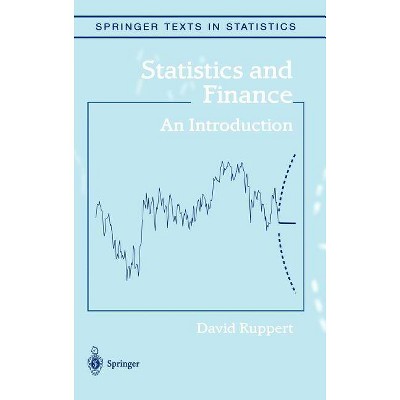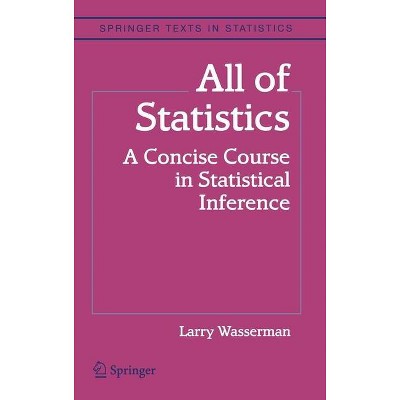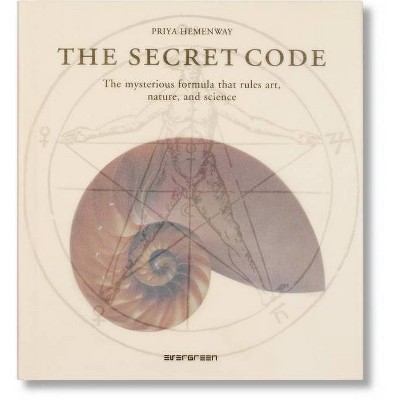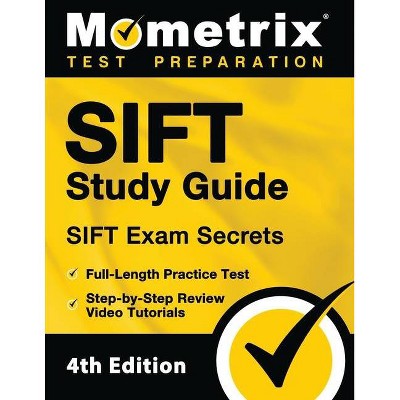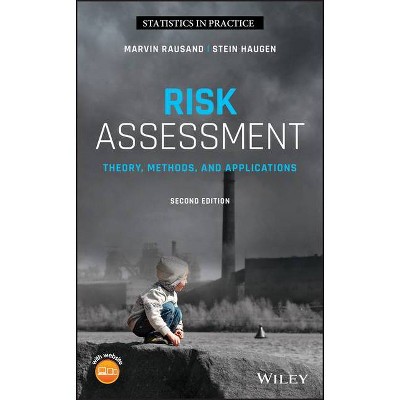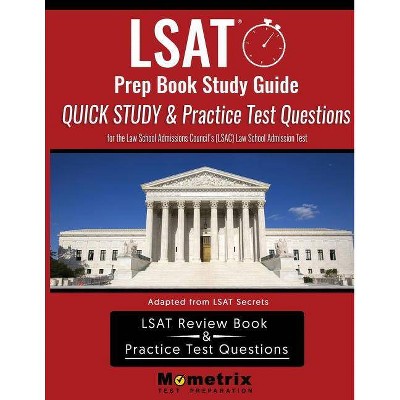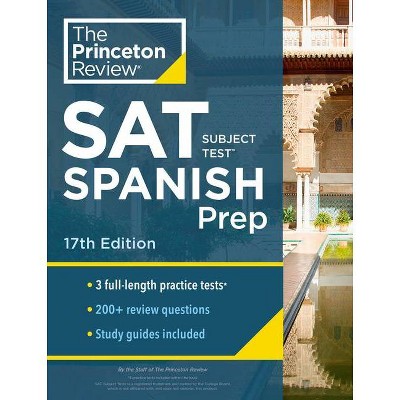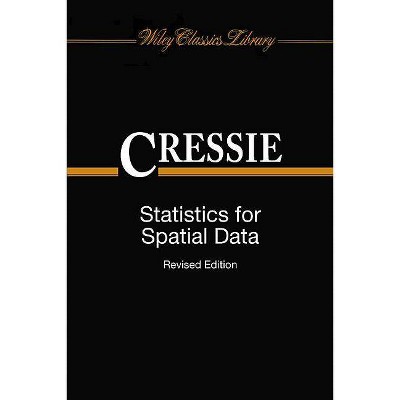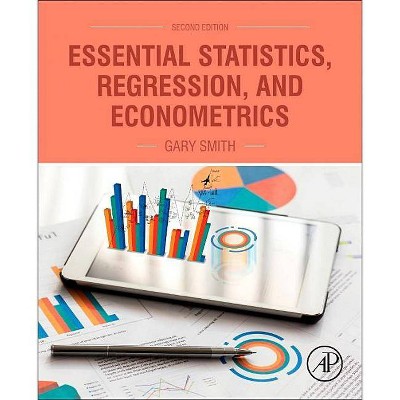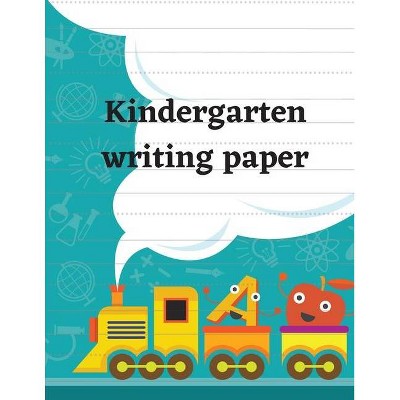Statistical Methods for the Analysis of Repeated Measurements - (Springer Texts in Statistics) by Charles S Davis (Hardcover)
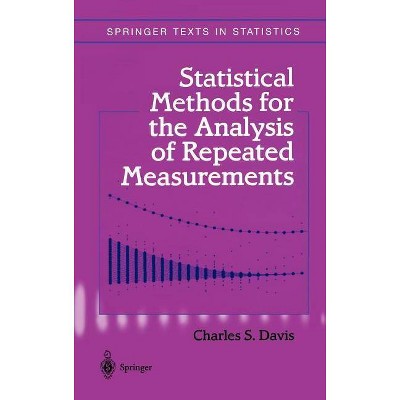
Similar Products
Products of same category from the store
AllProduct info
<p/><br></br><p><b> Book Synopsis </b></p></br></br>I have endeavored to provide a comprehensive introduction to a wide - riety of statistical methods for the analysis of repeated measurements. I envision this book primarily as a textbook, because the notes on which it is based have been used in a semester-length graduate course I have taught since1991.Thiscourseisprimarilytakenbygraduatestudentsinbiostat- tics and statistics, although students and faculty from other departments have audited the course. I also anticipate that the book will be a useful r- erence for practicing statisticians. This assessment is based on the positive responses I have received to numerous short courses I have taught on this topic to academic and industry groups. Althoughmyintentistoprovideareasonablycomprehensiveoverviewof methodsfortheanalysisofrepeatedmeasurements, Idonotviewthisbook as a de?nitive "state of the art" compendium of research in this area. Some general approaches are extremely active areas of current research, and it is not feasible, given the goals of this book, to include a comprehensive summary and list of references. Instead, my focus is primarily on methods that are implemented in standard statistical software packages. As a result, thelevelofdetailonsometopicsislessthaninotherbooks, andsomemore recent methods of analysis are not included. One particular example is the topic of nonlinear mixed models for the analysis of repeated measurements (Davidian and Giltinan, 1995; Vonesh and Chinchilli, 1996). With respect to some of the more recent methods of analysis, I do attempt to mention some of the areas of current research.<p/><br></br><p><b> From the Back Cover </b></p></br></br>This book provides a comprehensive summary of a wide variety of statistical methods for the analysis of repeated measurements. It is designed to be both a useful reference for practitioners and a textbook for a graduate-level course focused on methods for the analysis of repeated measurements. This book will be of interest to<br>* Statisticians in academics, industry, and research organizations <br>* Scientists who design and analyze studies in which repeated measurements are obtained from each experimental unit <br>* Graduate students in statistics and biostatistics. <br>The prerequisites are knowledge of mathematical statistics at the level of Hogg and Craig (1995) and a course in linear regression and ANOVA at the level of Neter et. al. (1985). <br>The important features of this book include a comprehensive coverage of classical and recent methods for continuous and categorical outcome variables; numerous homework problems at the end of each chapter; and the extensive use of real data sets in examples and homework problems.<br>The 80 data sets used in the examples and homework problems can be downloaded from www.springer-ny.com at the list of author websites. Since many of the data sets can be used to demonstrate multiple methods of analysis, instructors can easily develop additional homework problems and exam questions based on the data sets provided. In addition, overhead transparencies produced using TeX and solutions to homework problems are available to course instructors. The overheads also include programming statements and computer output for the examples, prepared primarily using the SAS System. <br>Charles S. Davis is Senior Director of Biostatistics at Elan Pharmaceuticals, San Diego, California. He received an "Excellence in Continuing Education" award from the American Statistical Association in 2001 and has served as associate editor of the journals Controlled Clinical Trials and The American Statistician and as chair of the Biometrics Section of the ASA.<p/><br></br><p><b> Review Quotes </b></p></br></br><br><p>From the reviews: </p> <p>MATHEMATICAL REVIEWS</p> <p>"...the book covers a wide range of topics, including inference based on normal theory, repeated categorical outcomes and missing values. The book is based on lecture notes used by the author since 1991. Hence, the material and the structure of the book have been well tested by different audiences. Another feature of the book is the inclusion of a very rich collection of problems with excellent real data. Thus, it is a nice textbook for a semester course on repeated measurements and longitudinal data."</p> <p>SHORT BOOK REVIEW</p> <p>"Each major topic is introduced logically; background theory is clearly elucidated, and at least one example is carefully worked in detail. The use of eighty real sets of data, given in full, is a most attractive feature. Attention is concentrated on those techniques that are most readily available in software. ... This should prove to be a very useful text for teacher, student and practitioner alike."</p> <p>JOURNAL OF THE AMERICAN STATISTICAL ASSOCIATION</p> <p>"Most other books on repeated measurements tend to focus on specialized topics. In my opinion, [this] book is the most comprehensive and readable of the lot. I would highly recommend its use as a text for a semester-length graduate course for biostatistics and statistics students and also as resource book for consulting biostatisticians and statisticians. In addition, this book would be a valuable resource for students from other fields of study (e.g., the health sciences) who have a statistical aptitude. The book is definitely worth the price."</p> <p></p> <p>"The intention of the book is 'to provide a reasonably comprehensive overview of methods for the analysis of repeated measurements' with focus on standard statistical methods ... . In my opinion the book gives a nice, comprehensive overview of methods for the analysis of repeated measurements. ... The availability of data sets, overheads, etc. is a very valuable supplement for both teachers and students. ... The book ... could be a natural choice for a course in repeated measurements for graduate students in (bio-) statistics." (Niels Trolle Andersen, Statistics in Medicine, Vol. 24 (5), 2005)</p> <p>"This book is a very interesting and comprehensive summary of a wide selection of statistical methods for the analysis of repeated measurements. It is indeed an ideal and carefully written text to be used as a reference guide for practitioners and, in addition, as a great, up to date and very complete textbook for a graduate-level course in Statistics and/or Biostatistics. ... I highly recommend Statistical Methods ... as a good reference book for anyone interested in looking into the different available methodologies ... ." (Vicente Núñez-Antón, Journal of Applied Statistics, Vol. 30 (10), December, 2003)</p> <p>"This book provides a comprehensive introduction to a wide variety of statistical methods for the analysis of repeated measurements. ... In conclusion, as a course text on repeated measurements this book clearly has major strengths over others in that it provides coverage on a wide range of topics and provides extensive further reading material. ... I would recommend this text as a general reference book on repeated measurements which would make a worthwhile addition to a departmental library." (Fiona Holland, Pharmaceutical Statistics, 2003)</p> <p>"Most other books on repeated measurements ... tend to focus on specialized topics. In my opinion, Statistical Methods for the Analysis of Repeated Measurements book is the most comprehensive and readable of the lot. I would highly recommend its use as a text for a semester-length graduate course for biostatistics and statistics students and ... for consulting biostatisticians and statisticians. ... a valuable resource for students from other fields of study ... who have a statistical aptitude. The book is definitely worth the price." (Melvin L. Moeschberger, Journal of the American Statistical Association, March, 2003)</p> <p>"The book aims at describing, discussing and demonstrating a variety of statistical methods for the analysis of repeated measurements ... . the book covers a very wide range of topics, including inference based on normal theory, repeated categorical outcomes and missing values. ... Another feature of the book is the inclusion of a very rich collection of problems with excellent real data. Thus, it is a nice textbook for a semester course on repeated measurements and longitudinal data." (Jack C. Lee, Mathematical Reviews, 2003 e)</p> <p>"This book is intended to provide a comprehensive introduction to a wide range of statistical methods for the analysis of repeated measurements. ... For use in a course, I would use it for an applied graduate-level statistics course on linear models for analysis of repeated measurements. This text is useful not only with regards to the statistical methods, but also for the real data examples that can be explored with the various models and methods under study." (James R. Kenyon, Technometrics, Vol. 45 (1), 2003)</p> <p>"This book provides a reasonably comprehensive overview of a wide variety of statistical methods for the analysis of repeated measurements ... . The important features of this book include a summary of both classical and recent methods for continuous and categorical outcome variables, numerous homework problems, and the extensive use of real data sets in examples. ... This book will be of interest to graduate students in statistics and biostatistics as well as to practicing statisticians in academic, industry and research institutions." (Ivan Krivý, Zentralblatt MATH, Vol. 985, 2002)</p><br>
Price History
Price Archive shows prices from various stores, lets you see history and find the cheapest. There is no actual sale on the website. For all support, inquiry and suggestion messagescommunication@pricearchive.us

